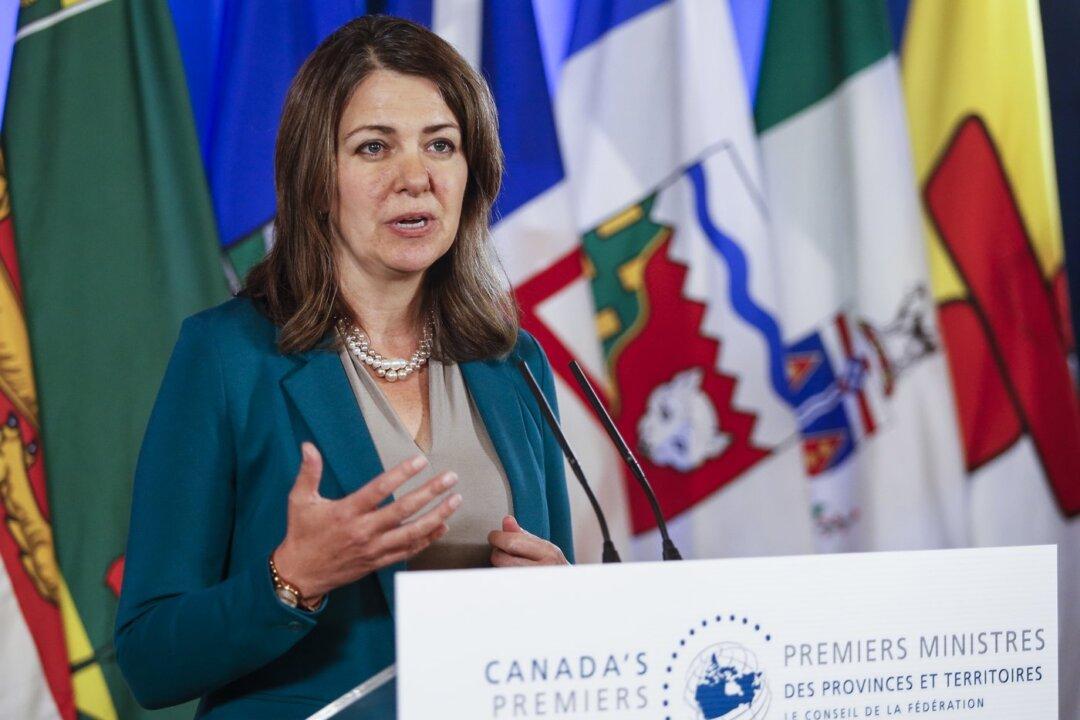Testing her newly passed sovereignty act, Alberta Premier Danielle Smith is asking the Alberta legislature to join her in requiring provincial officials and agencies to ignore the feds’ 2035 net-zero electricity plans “to the extent legally permissible.” But what that phrase will mean in practical terms is uncertain.
“Who decides what the extent of the law is?” asks Nelson Wiseman, professor emeritus of political science at the University of Toronto. His answer is: “The courts.”





